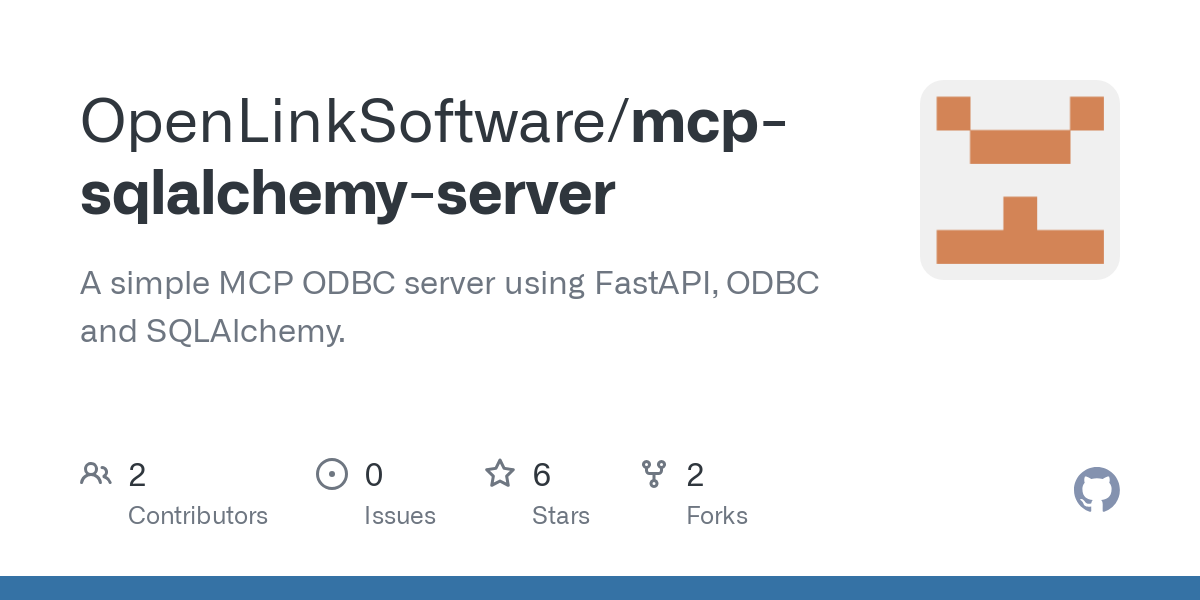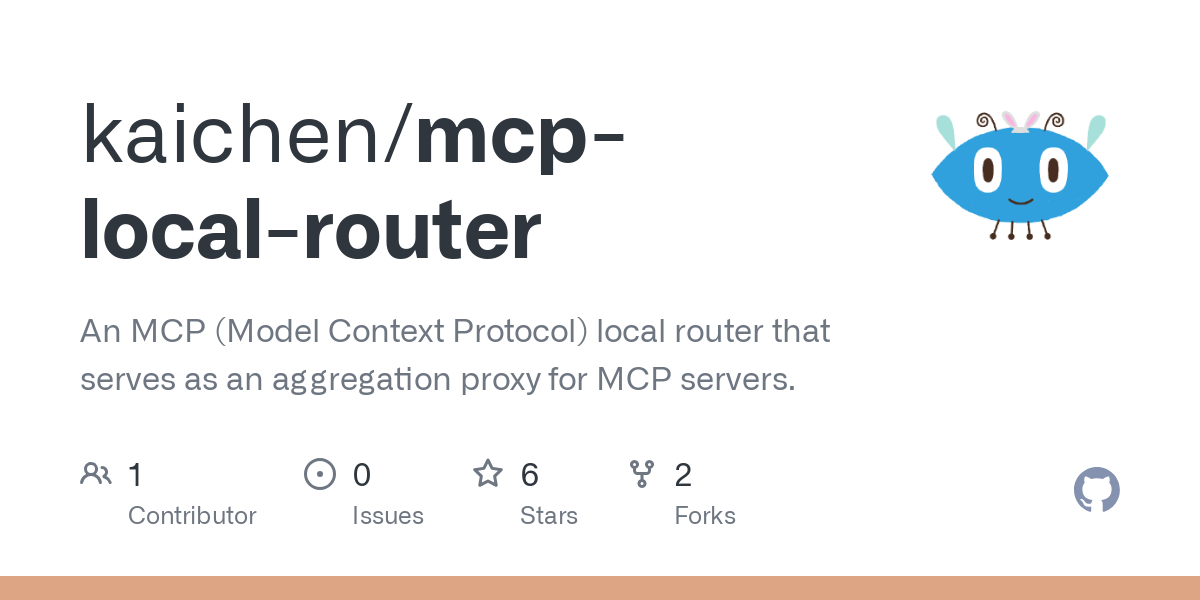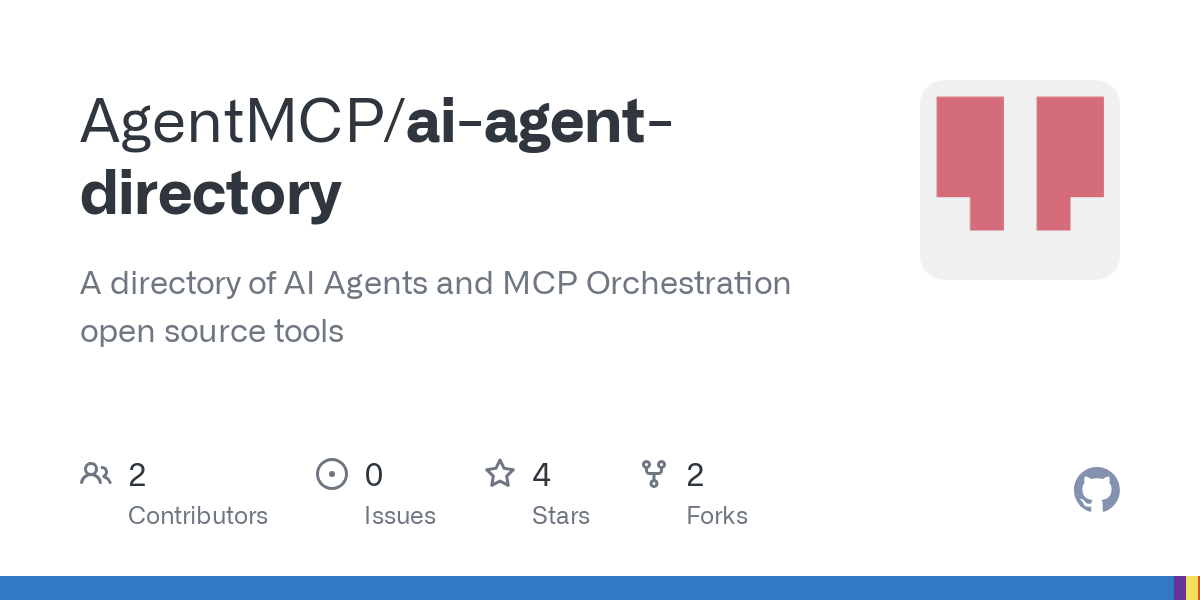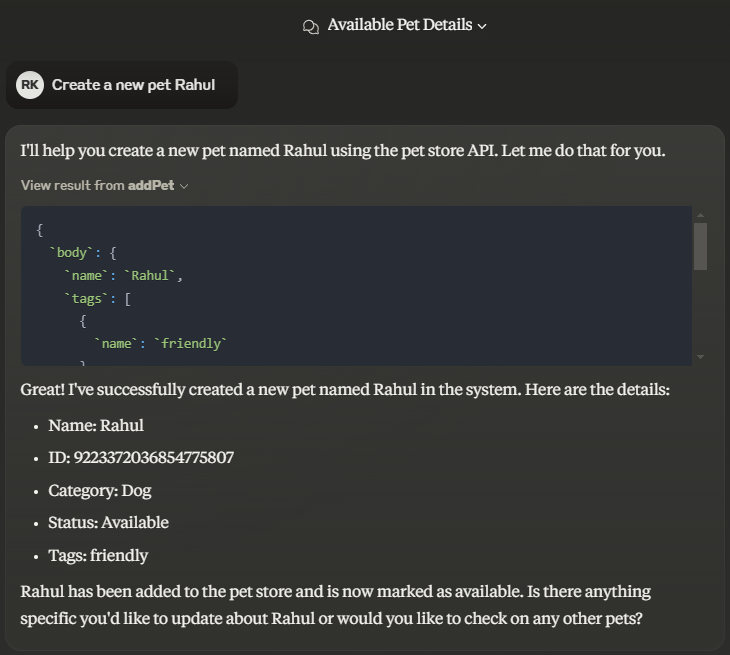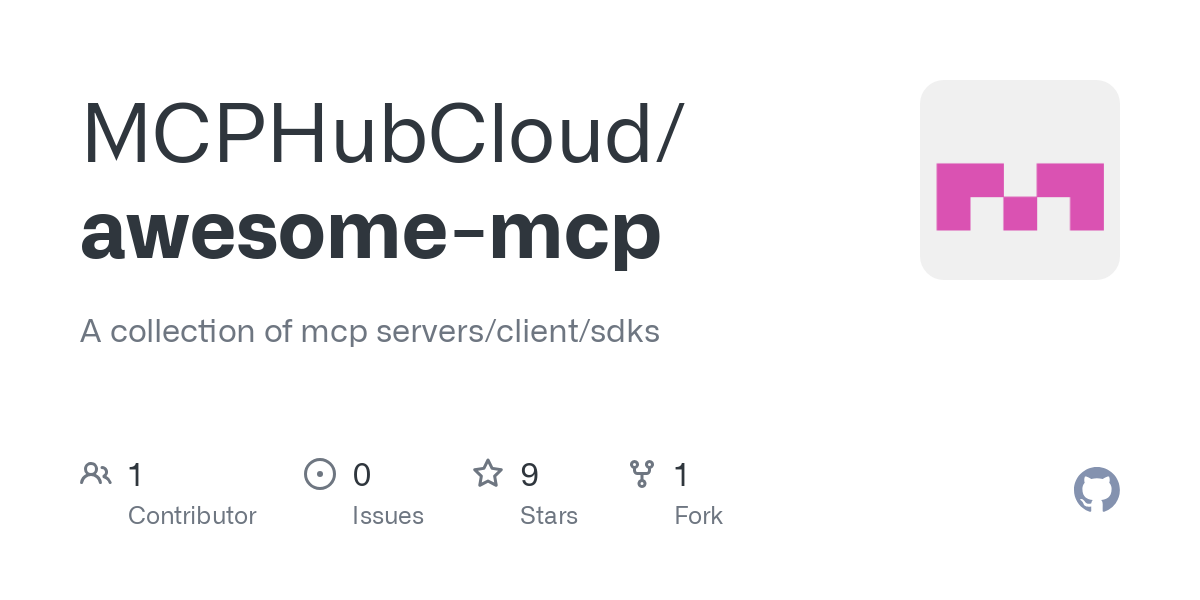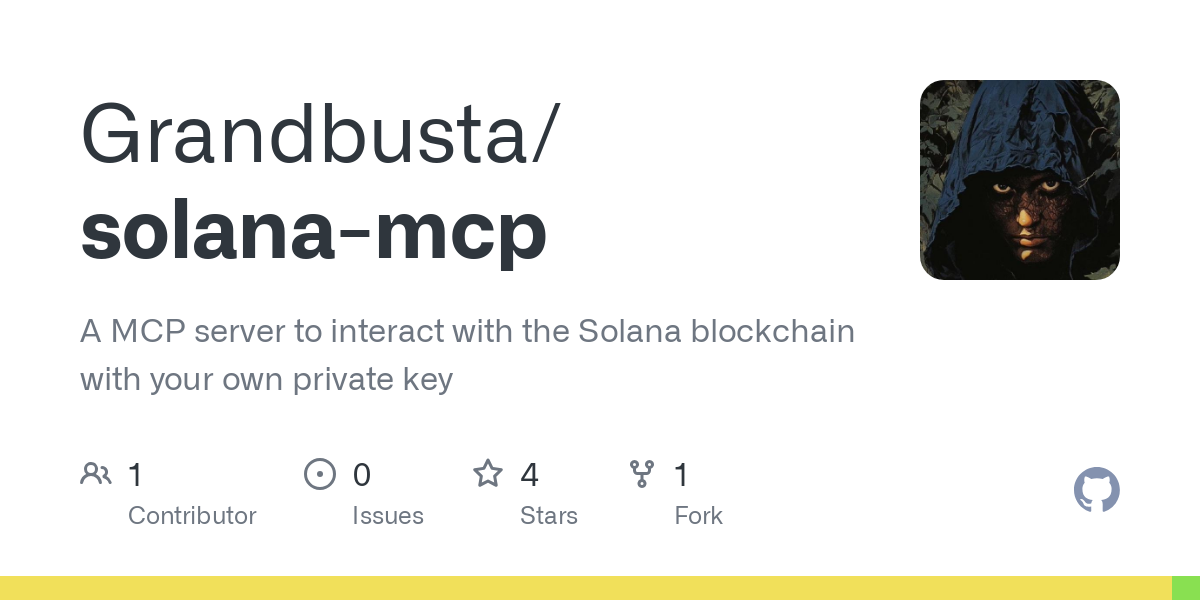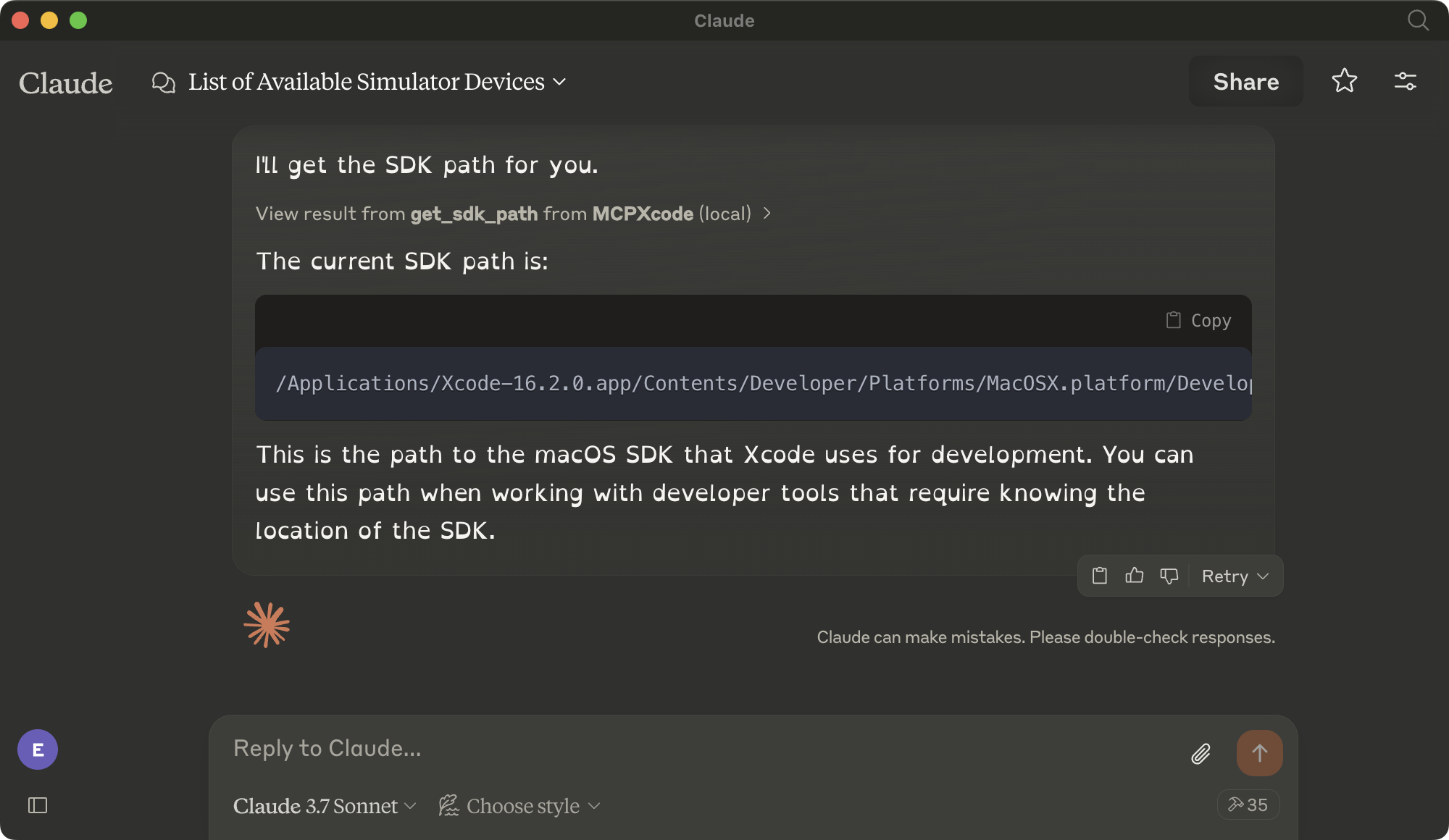All MCP Servers Complete list of MCP server implementations, sorted by stars
The Netbird MCP Server is a specialized implementation of the Model Context Protocol (MCP) designed to integrate with Netbird, a networking platform. It provides functionalities such as listing Netbird peers with detailed information, managing groups and policies, and secure token-based authentication. This server is derived from the MCP Server for Grafana and is written in Go, offering a configurable API endpoint for seamless integration.
Blowback is an MCP server designed to enhance frontend development workflows by integrating with development servers like Vite. It captures browser console logs and manages them through a checkpoint system, enabling developers to query logs for specific versions. The server also provides tools for browser automation, HMR event tracking, and state management, making it a valuable addition to modern frontend development environments.
This MCP server provides a lightweight solution for ODBC interactions using FastAPI, pyodbc, and SQLAlchemy. It supports fetching schemas, tables, and detailed table descriptions, as well as executing stored procedures and queries. It is compatible with Virtuoso DBMS and other SQLAlchemy-supported databases, offering JSONL and Markdown table formats for query results.
The MCP Local Router is a tool designed to serve as an aggregation proxy for MCP (Model Context Protocol) servers. It connects to multiple upstream MCP servers and consolidates their functionalities into a unified interface, simplifying the interaction for downstream clients. Features include support for configuration files, multiple upstream servers, stdio transport, and environment variable injection.
This repository provides a straightforward tutorial on building MCP servers using .NET and C#. It includes step-by-step guidance and a basic implementation to help developers understand the fundamentals of MCP server creation in the .NET ecosystem.
This MCP server facilitates seamless integration with AWS CodePipeline, enabling users to manage pipelines efficiently using Windsurf and Cascade. It offers a standardized interface for interacting with AWS CodePipeline services, including listing pipelines, triggering executions, and retrieving metrics. Designed for developers working with AWS, it simplifies pipeline management through natural language requests in Windsurf.
The OpenAPI Model Context Protocol (MCP) Server is designed to facilitate interactions between Large Language Models (LLMs) and REST APIs. It provides a structured way for LLMs to perform HTTP API calls (GET/PUT/POST/PATCH) based on prompts. The server supports configuration through environment variables, allowing users to specify OpenAPI documents, API base URLs, and other parameters. It also includes features like white-listing and black-listing specific API operations.
The Discord MCP Server for AI Assistants is a specialized implementation of the Model Context Protocol (MCP) designed to facilitate interactions between AI assistants and the Discord platform. It provides functionalities such as sending and reading messages, managing channels, handling forum posts, and creating/editing webhooks. This server is particularly useful for integrating AI tools like Claude into Discord, enabling seamless communication and automation within Discord servers.
The bioRxiv MCP Server bridges AI assistants and bioRxiv's preprint repository using the Model Context Protocol (MCP). It allows AI models to search for biology preprints, access metadata, and download content programmatically. The server supports advanced search, efficient metadata retrieval, and local storage for faster access.
The Perplexity Ask MCP Server integrates with Perplexity's API to provide web search capabilities directly within the Model Context Protocol (MCP) ecosystem. It allows users to perform web searches without leaving the MCP environment, enhancing the functionality of AI applications by providing seamless access to external data sources.
The bioRxiv MCP Server bridges AI assistants with bioRxiv's preprint repository using the Model Context Protocol (MCP). It allows AI models to search for biology preprints and access their metadata programmatically. Key features include paper search, efficient retrieval, metadata access, and local storage for faster access.
This repository provides a step-by-step guide to building a Model Context Protocol (MCP) server using Google's Gemini 2.0 model. It includes integration with Brave Search for web and local searches, offering a flexible architecture for AI-powered applications. The project showcases interoperability, modularity, and standardization in AI tool integrations.
This MCP server integrates with Scraper.is, a powerful web scraping tool, allowing AI assistants to extract content from websites in various formats like markdown, HTML, and JSON. It supports features such as real-time progress updates, screenshots, and seamless integration with MCP-compatible AI assistants. Designed for use with tools like Claude Desktop, it facilitates web-based data retrieval for AI workflows.
The Solana MCP Server allows users to interact with the Solana blockchain using their private key. It provides features such as retrieving the latest slot, wallet address, wallet balance, and transferring SOL. The server can be integrated with Cursor for enhanced functionality and is built using JavaScript and Shell.
The FastMCP Documentation Search Server provides a unified interface for AI systems to intelligently search across multiple popular framework and library documentations. It supports frameworks like Next.js, Tailwind CSS, Framer Motion, and more, with features such as smart name resolution, asynchronous processing, and robust error handling. This tool ensures efficient and accurate retrieval of relevant documentation for AI models.
MCPXcode is an open-source implementation of the Model Context Protocol (MCP) for Xcode, enabling AI-assisted automation and contextual understanding within the Xcode environment. It wraps common command-line tools like `xcrun` and `xctrace`, leveraging macOS accessibility features to streamline developer workflows. The project aims to enhance productivity by providing structured context exchange and programmable interactions between Xcode and AI tools.


